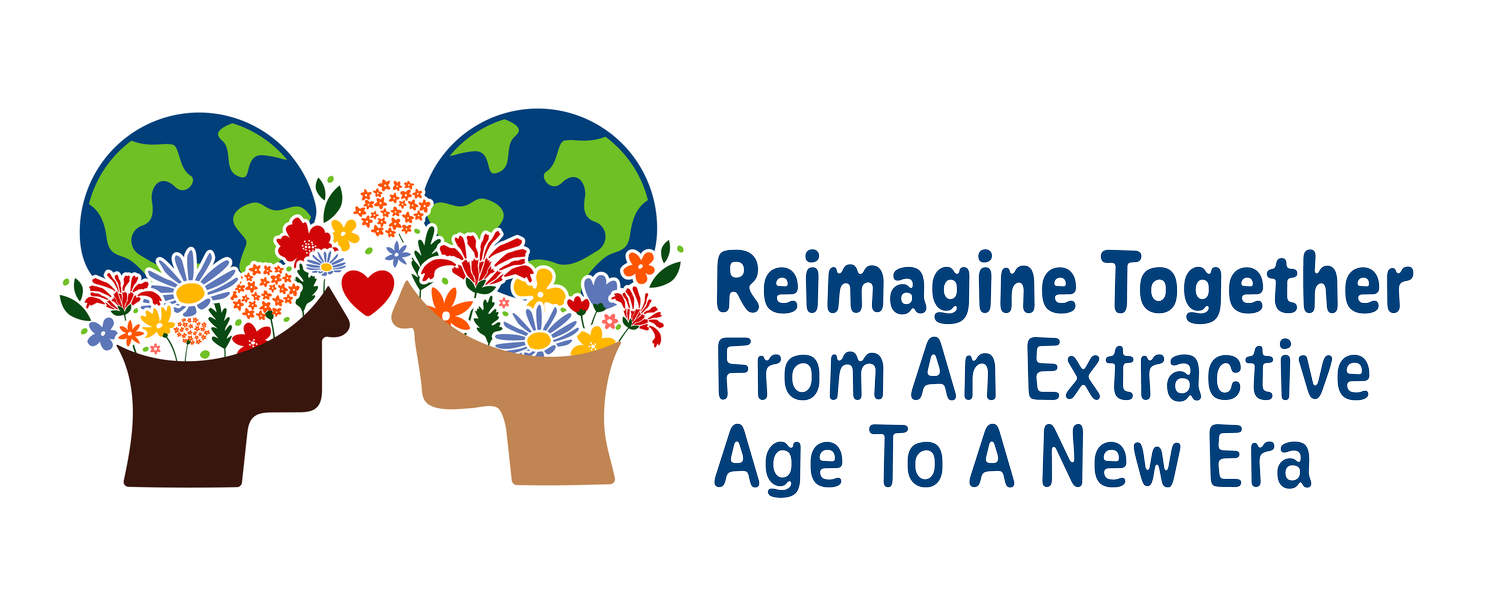Sermon Contest: A Call for Climate Revival Preachers
Winners of the UU Climate Justice Revival Sermon Contest
Imagine that it's 2050 and we've achieved all of our wildest hopes for collective liberation. What is present in that re-imagined reality? What have our values led us to collectively abolish or move away from? The modern prison abolitionist movement imagines a future without police and prisons, drawing on deep convictions, faith, imagination, and hope to do so. What is the parallel vision for the climate justice movement that avoids the risks of prioritizing short-term gains or the distractions that so often divide our focus? How would our world transform if love was at the center of our climate actions and collective liberation were upheld as a uniting goal across all of the movement spaces that matter most?
Andrew Batcher is the Social Justice Coordinator for the Potomac Partnership, a collaboration begun by three large DC area congregations--Fairfax, Cedar Lane, and River Road. He is a professional organizer with a commitment to bridge building and intersectional social justice. He has participated in many transformative movements, including the peace movement, Occupy, and Black Lives Matter, and brings this experience to cultivate social justice as a faith practice and a path for leadership development.
Lee Curran (she/her) is the Justice Action Team lead at the UU Fellowship of Klamath County, a small lay-led congregation in southern Oregon. Her growing edge in justice work is listening, learning and facilitating intersectional and co-liberatory ways of being and engagement in actions.
Diego Garrido Barreto is a Colombian from the water bodies of Bogotá, studying an MDiv at Boston University School of Theology, close to the Charles River. I am part of the First Parish Unitarian Universalist in Brookline, close to the Reservoir, and I am seeking ordination in this tradition. I dedicate this sermon to my Ecological Anthropology professor Camila Gonzalez Sua and to Maria Puig de la Bellacasa.
Meleah Houseknecht is a lifelong Unitarian Universalist and a seminarian entering her final year at United Theological Seminary of the Twin Cities, a trustee for Unitarian Universalists for Social Justice, and an active member of First Universalist Church of Minneapolis (one of our largest congregations). Before entering seminary, she spent more than two decades organizing and engaging stakeholders in environmental policy development and implementation.
Rev. Dr. Molly Housh Gordon is a lifelong Unitarian Universalist from Tulsa, Oklahoma, and the minister of the UU Church of Columbia, Missouri, a midsize college town congregation. Molly is passionate about community organizing, mutual aid, red-state UU ministry, and creative writing.
Frances Koziar (she/her/not "guys") is a young (disabled) retiree, a Canadian Young Adult and a lay leader/speaker at the Church of the Larger Fellowship (the largest UU congregation). She is a social justice activist lacking several kinds of privilege, and an author with over 150 publications. Her new Intersectional Welcoming Program is currently undergoing latter stage edits at the Canadian Unitarian Council. She lives in Kingston, Ontario.
Edward Lynn has been a member for 30 years of the First Unitarian Universalist Congregation of Ann Arbor, a large congregation. After retirement he served as the volunteer Administrator of the congregation for 7 years, and now devotes most of his time to climate justice actions.
Rev. Arif Mamdani is the Associate Minister at First Universalist Church of Minneapolis, a large congregation. His commitment to justice has roots in childhood protests with his mom and extends to liberation for generations yet to come.
This sermon contest is a means to build the Unitarian Universalist movement’s capacity to preach about climate justice. Winning sermons will be distributed for congregational use to promote and support climate justice preaching.











